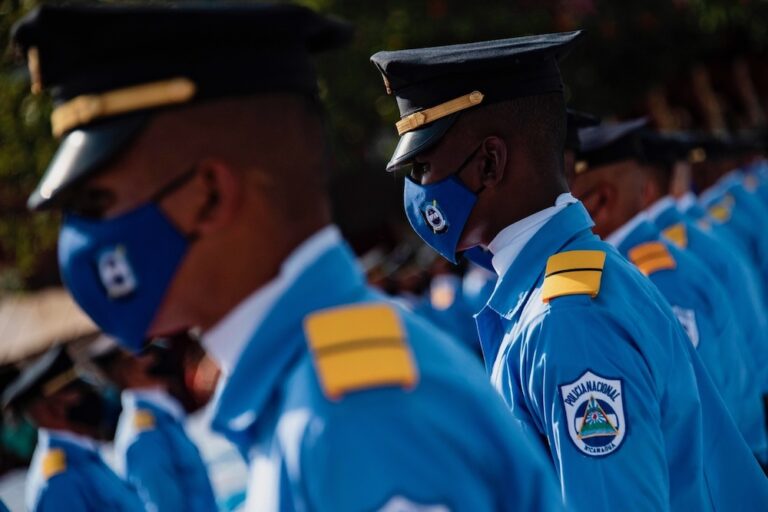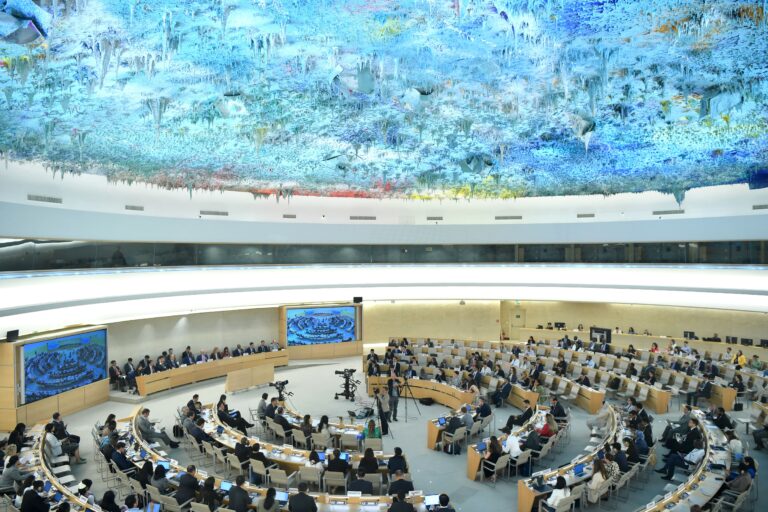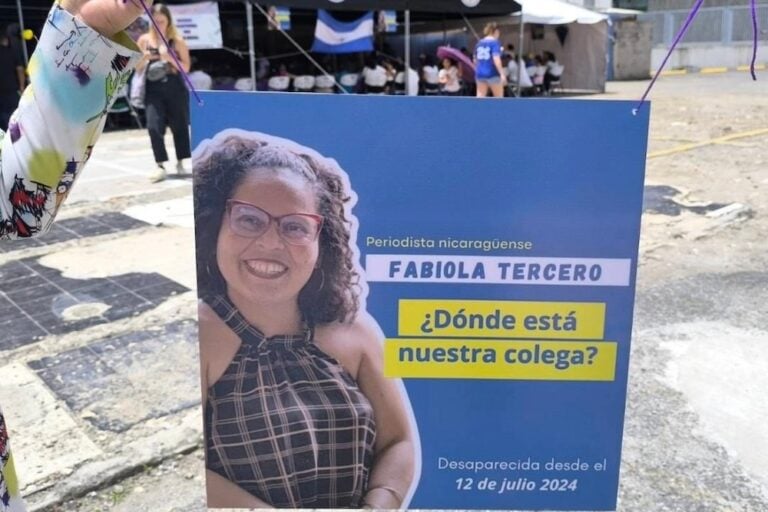(IAPA/IFEX) – The following is a 24 June 2005 IAPA press release: IAPA calls for investigation of threats to journalists and urges politicians to curb their comments against the press Miami (24 June 2005) – The Inter American Press Association (IAPA) calls on Nicaraguan authorities to thoroughly investigate a series of threats against journalists, and […]
(IAPA/IFEX) – The following is a 24 June 2005 IAPA press release:
IAPA calls for investigation of threats to journalists and urges politicians to curb their comments against the press
Miami (24 June 2005) – The Inter American Press Association (IAPA) calls on Nicaraguan authorities to thoroughly investigate a series of threats against journalists, and urges the country’s political actors to curb their verbal attacks on the press.
In the latest incident, cartoonist Manuel Guillén, of La Prensa newspaper, received about a dozen death threats by e-mail in retaliation for a cartoon about Daniel Ortega, leader of the Sandinista National Liberation Front (Frente Sandinista para la Liberación Nacional).
Heberto Jarquín Manzanares, a La Prensa correspondent in the town of Rosita, 220 km northeast of Managua, also received threats after publishing articles on alleged irregularities in the appropriation of land in the area.
IAPA President Alejandro Miró Quesada condemned the threats, recalling that a number of violent events had recently plagued Nicaragua and highlighting the deaths of journalists María José Bravo and Carlos Guadamuz, as a result of political conflicts.
Miró, director of the Peruvian daily El Comercio, added that “public figures have a responsibility to be prudent when expressing opinions which can be interpreted as apologies for crimes or encourage actions that are contrary to press freedom and journalists’ safety.”
Miró was referring to statements made by Ortega in the context of a national debate about whether the National Police are under the authority of the president, or the judiciary. Ortega was quoted as saying, “if the president orders the police to shoot a citizen, or shoot Octavio Sacasa [owner of Channel 2 television station], and then he tells the police to shoot the La Prensa journalists, the police are not obliged to follow the president’s orders.”


